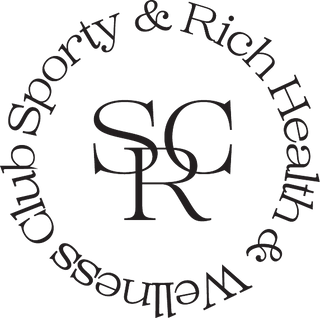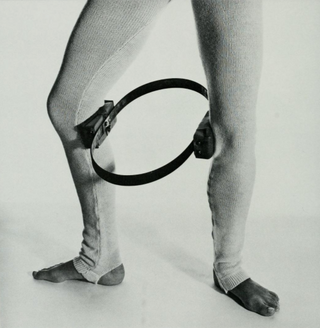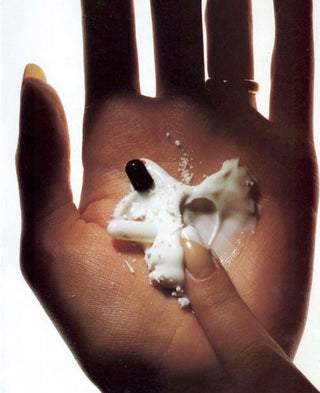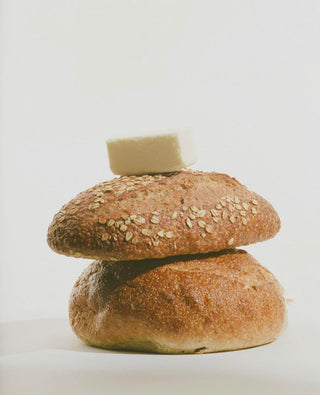
By: Emily Oberg
The question I get asked the most is why I don’t drink alcohol. It’s always a bit of a tough question to answer as people aren’t usually satisfied with my answer, which I can understand. After all, alcohol is the center of most social gatherings and a regular habit for many. To put it simply, I don’t drink because I don’t like the taste and I ultimately never felt like I had a good reason to.
Before I begin, let me start off by saying that I’m all about enjoying life and not depriving yourself of the things you enjoy. I’m by no means judging or criticizing anyone who does drink, after all, it’s your body and you should do with it what you want. I personally have a massive sweet tooth, and that’s my vice. But because I know the harmful effects of sugar on the brain and body, I consume it in moderation and far less than my taste buds would like. This article isn’t meant to completely demonize alcohol and say that no one should ever drink it again - it’s simply meant to help you be more mindful about what and how you consume it and hopefully, encourage you to make healthier choices. We live in a world where most of us over consume a lot of harmful substances and foods, which is something I believe we can all improve on to feel our best and be our most optimal selves.
In my 28 years of living, I’ve only ever had one drink and I’ll never have one again. Growing up, I would go to parties where people would get “black out” drunk, which never appealed to me. Being around people with unhealthy drinking habits made me see only negative things about alcohol, which heavily contributed to my decision not to drink. Why choose to drink something toxic, purposely poison our bodies, and feel sick?
With that being said, I don’t judge anyone who does drink, in fact, I think some people are more fun when they drink because they’re able to let loose and be themselves. This doesn’t mean it’s necessarily healthy but I understand that being yourself can be incredibly scary and daunting in the world we live in. However, I think one of the most important things to focus on if you do want to quit drinking is being comfortable with being yourself, and that takes practice.
One of the difficult things about not being a drinker is explaining to people why you don’t drink. People think that if you stop drinking, you have to avoid every social situation and can’t go out with your friends. This is simply not true and I personally love going out once in a while, drinking only lemon water until sunrise. If you’re someone who recently stopped drinking or wants to stop drinking, it’s important not to feel the need to explain why to every person you meet. They might not understand or agree, and that’s okay. I find that most of us have a tendency to over explain ourselves in certain situations and seek validation from others regarding our own personal choices. But if you practice accepting the fact that not everyone needs to understand you, you’ll find it much easier to stay sober amongst a sea of drinkers. Give yourself grace and congratulate yourself on making positive, healthy choices.
When it comes to alcohol, there are multiple factors as to why it’s better to consume less than more. Let’s break it down: it’s bad for your brain and body (more on this below), it’s expensive, it ages you, it dehydrates your skin, impairs your judgement, can make you do stupid things and in general, makes most people feel like crap. Below are some findings on how alcohol negatively affects the body.
Alcohol’s Impact on the Gut and Liver
-Alcohol kills healthy bacteria in our gut/microbiome leading to an imbalance in good and bad bacteria
-It can damage our gut lining, leading to “leaky” gut
-Bad bacteria “leaks” out of the gut and into our bloodstream which then reaches the brain though the blood brain barrier
-Alcohol can cause an overgrowth of yeast, leading to Candida
-Our liver breaks down alcohol because it recognizes it as a toxin. This process then creates an even more harmful substance called acetaldehyde which can severely damage the liver overtime
Alcohol’s Impact on the Brain
-Alcohol is fat soluble, meaning, it can easily and quickly pass into cells, tissues and the blood brain barrier
-It can suppress the neural networks that are involved in memory formation and storage (which is why people have little to no memory of what happened when “black out” drunk)
-Alcohol can increase impulsive behaviors, even when you’re not drinking
-When alcohol converts into the toxic substance acetaldehyde, serotonin levels drop which can lead to feelings of sadness and depression
-Alcohol can increase cortisol levels (even when not drinking) decreasing your resilience to stress and increasing overall stress levels when sober
-Regular drinkers (one or more days per week every week) OR those who have a genetic predisposition to alcoholism feel an increase in alertness and mood while drinking. This can lead to over consumption since they don’t feel the negative effects as easily or quickly as someone who isn’t a regular drinker
Alcohol and Sleep
-A common misconception is that alcohol can help you sleep because it acts as a sedative, which may help you to feel more calm and relaxed. But numerous studies show that the quality of the sleep you get when you drink is subpar, at best
-Drinking alcohol at night can reduce the amount of REM (i.e deep sleep) that we get. Because of its sedative effects, people will often fall into REM sleep quicker than during a normal sleep cycle, but instead of staying in that deep sleep, they’ll wake up periodically throughout the night
-When we drink, enzymes from our liver work to break down alcohol. This causes sleep disruptions throughout the night while alcohol slowly leaves the body
These are just some of the ways in which alcohol can hurt us more than benefit us. We’re not here to tell you what to do or how to treat your body. It’s ultimately up to you to use this information to improve your health and overall well being.
References: https://www.sleepfoundation.org/nutrition/alcohol-and-sleep
https://arcr.niaaa.nih.gov/volume/38/2/alcohol-and-gut-derived-inflammation
https://podcasts.apple.com/us/podcast/huberman-lab/id1545953110?i=1000576901433
https://www.ncbi.nlm.nih.gov/pmc/articles/PMC3872233/
https://www.ncbi.nlm.nih.gov/pmc/articles/PMC4590613/
https://www2.hse.ie/wellbeing/alcohol/physical-health/alcohols-effect-on-the-body/the-liver.html
